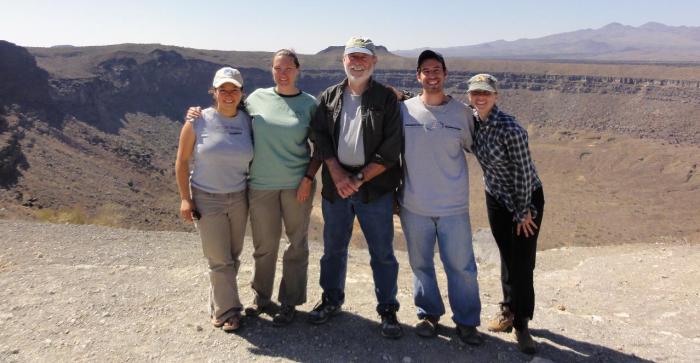Our lab studies the ecology and conservation of coastal deserts and drylands with particular emphasis in the Sonoran Desert, Baja California, and the Gulf of California.
Our research
Our lab studies the ecology and conservation of coastal deserts and drylands with particular emphasis in the Sonoran Desert, Baja California, and the Gulf of California. Our main areas of interest are wide and diverse; they include conservation science, the ecology and biogeography of coastal deserts, the evolutionary adaptations of desert plants to rapidly changing environments, land-ocean interactions and their impact on both marine and terrestrial environments, the conservation of islands, mangroves, and seamounts in the Gulf of California, the application of ecological theory in biological conservation, and the management of natural resources in areas under traditional use.
Our students
Our graduate students are working on issues as varied as the evolutionary meaning of seed retention and cued seed release in desert annuals, the historic biogeography of the Gulf of California's Midriff Islands, the ecological transition between the California Floristic Province and the Baja California central deserts, the pulse dynamics of palm oases, the response of mangroves to climate change, and the human footprint in Baja California and the greater Sonoran Desert.
Our collaborators
We have a wide collaborative network, with joint projects with the University of Veracruz, Scripps Institution of Oceanography, the Centro de Investigaciones Biológicas at La Paz, and the University of Morelos, Cuernavaca, Mexico, among many others.
Alejandra Martínez-Berdeja, Sula Vanderplank, Exequiel Ezcurra, Ben Wilder, and Nicole Pietrasiak (UCR-Soil Science) at the Elegante Crater, Sierra del Pinacate, Sonora, Mexico; March 26, 2011.

